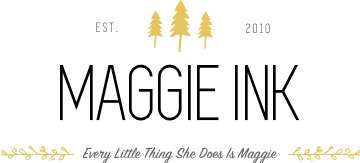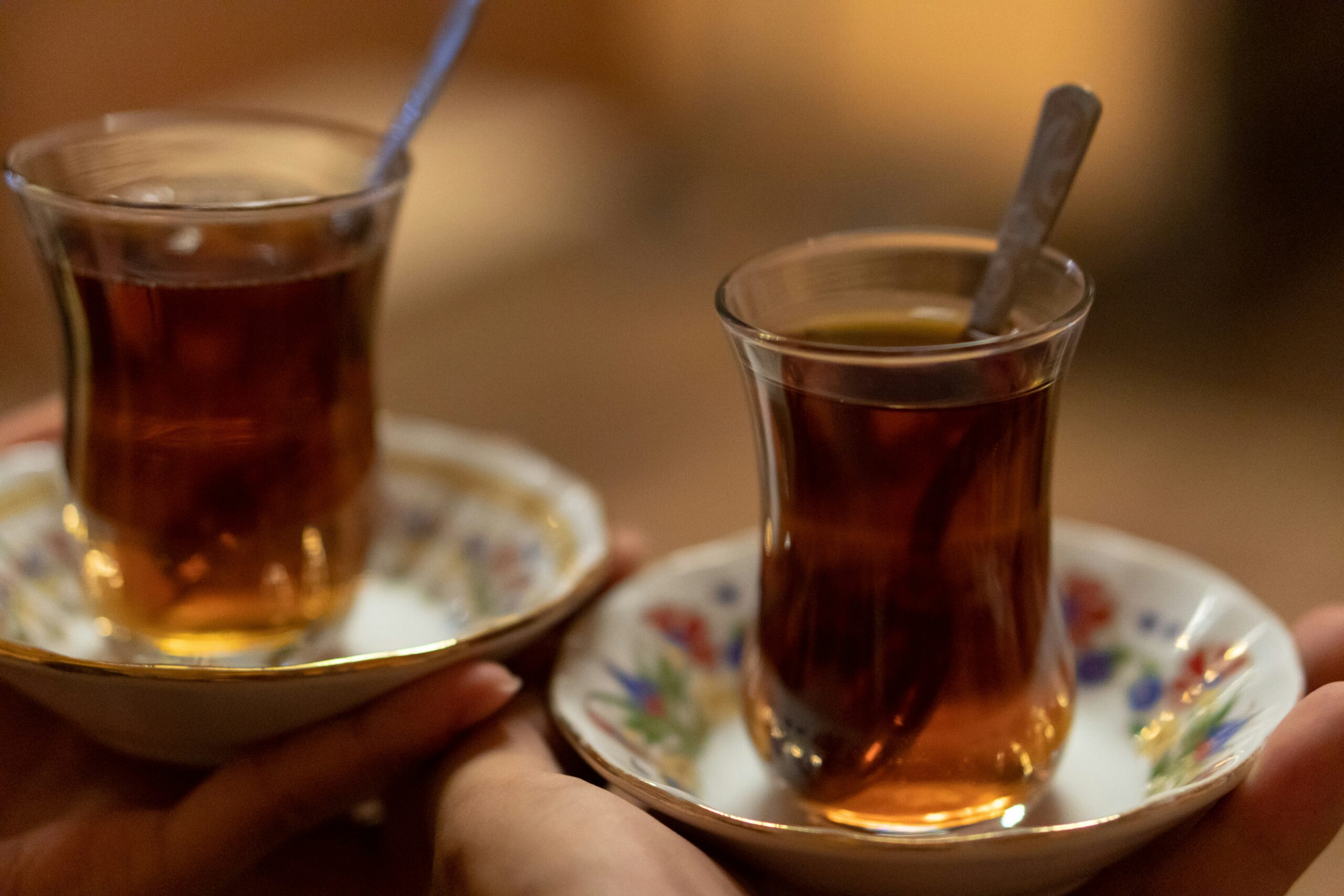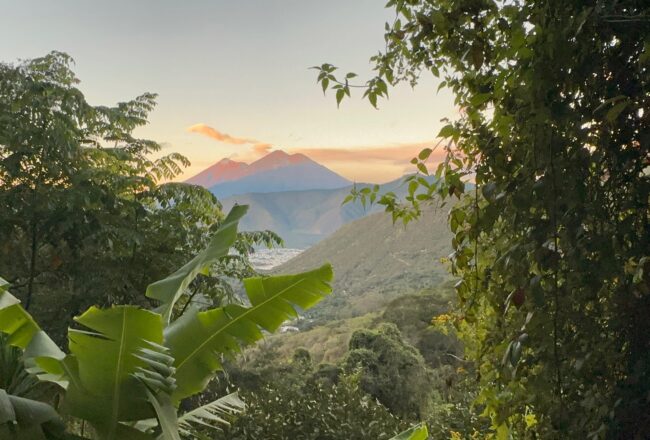Definition of surreal: A poolside margarita at Hotel des Mille Collines.
You might know it better as Hotel Rwanda, thanks to the 2004 film that details the story of what happened there.
This is where hotelier Paul Rusesabagina hid 1,268 refugees during the 1994 Rwandan genocide. While violence raged throughout the country, Rusesabagina bribed soldiers to stay away from his “guests” and maintained the appearance of a posh hotel. All the while, refugees were hiding in each and every room, drinking pool water to survive.
I had a margarita by that pool while a DJ played Stevie Wonder and Abba.
The hotel is back to being a high-class joint, serving overpriced paninis and offering a long menu of spa treatments.
I wouldn’t expect the Mille Collines to become a memorial for the genocide — there are already many beautiful, reverent places for that — but still.
It is so weird to be there, knowing what happened, and seeing absolutely no sign of it at all.















